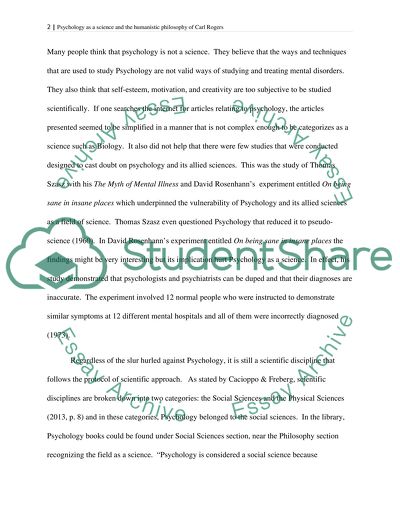Cite this document
(“Psychology As A Science And The Humanistic Philosophy Of Carl Rogers Essay”, n.d.)
Psychology As A Science And The Humanistic Philosophy Of Carl Rogers Essay. Retrieved from https://studentshare.org/psychology/1482922-psychology-as-a-science-and-the-humanistic-philosophy-of-carl-rogers-in-psychology
Psychology As A Science And The Humanistic Philosophy Of Carl Rogers Essay. Retrieved from https://studentshare.org/psychology/1482922-psychology-as-a-science-and-the-humanistic-philosophy-of-carl-rogers-in-psychology
(Psychology As A Science And The Humanistic Philosophy Of Carl Rogers Essay)
Psychology As A Science And The Humanistic Philosophy Of Carl Rogers Essay. https://studentshare.org/psychology/1482922-psychology-as-a-science-and-the-humanistic-philosophy-of-carl-rogers-in-psychology.
Psychology As A Science And The Humanistic Philosophy Of Carl Rogers Essay. https://studentshare.org/psychology/1482922-psychology-as-a-science-and-the-humanistic-philosophy-of-carl-rogers-in-psychology.
“Psychology As A Science And The Humanistic Philosophy Of Carl Rogers Essay”, n.d. https://studentshare.org/psychology/1482922-psychology-as-a-science-and-the-humanistic-philosophy-of-carl-rogers-in-psychology.


